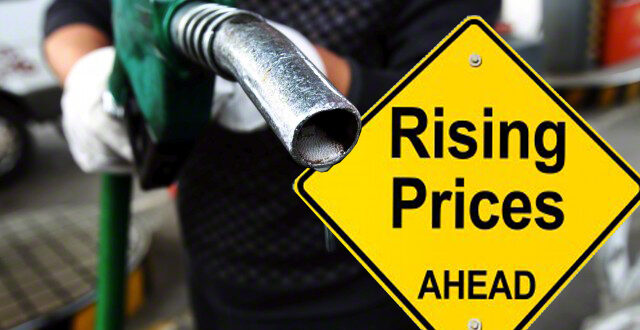It is anticipated that in the upcoming days, the price of gasoline and diesel at the pump would rise by an additional 4% and 5% per liter, respectively.
The weak performance of the local currency and the dynamics of the global market are the causes of this.
The Institute for Energy Security, however, predicts that consumers of liquefied petroleum gas (LPG) may experience price reductions of roughly 8% in the near future.
“Following the international market changes resulting from geopolitical tensions in the Middle East, OPEC+ decisions on production cuts among other factors have caused a hike in crude oil prices which influences refined product price. Liquid fuel prices have continued rising in a row over the past two pricing windows with April [2024] first pricing window recording 7.27% and 0.69% respectively. Ghana’s economic turmoil continues to put pressure on the local currency leading to its persistent depreciation since February 2024 with the latest being 2.43% in the April first pricing window”, it stated.
The National Petroleum Authority’s (NPA) directives and modifications to national policy, according to the IES, had an impact on the local market during the most recent pricing period and are expected to do so again in the second half of April 2024 as some oil marketing companies try to adjust their business practices.
For the first pricing window of April 2024, the Global Standard & Poor (S&P) Platts monitoring of refined petroleum products showed the closing prices for gasoline at $937.68, diesel at $841.38, and LPG at $517.38 per metric tonne, in that order.
The price per metric tonne of gasoline and diesel increased by a net of 7.27% and 0.69%, respectively, according to the new price movement.
However, the price of LPG dropped by an astounding 17.52%. It was the second instance of such a modification in the product pricing.
The domestic gasoline market experienced volatility in April 2024 during the first pricing window due to a combination of worldwide market dynamics and government requirements.
A decision to halt the price stabilization levy as part of the price increase for refined petroleum products was rescinded by the National Petroleum Authority. Following a previous rise brought on by market dynamics of international price movements and a declining local currency, Oil Marketing Companies (OMCs) evaluated prices upward in response to the aforementioned decision.
Source: Ghanatodayonline.com
 Ghanatodayonline.com News, Politics, Health, Education & More
Ghanatodayonline.com News, Politics, Health, Education & More




